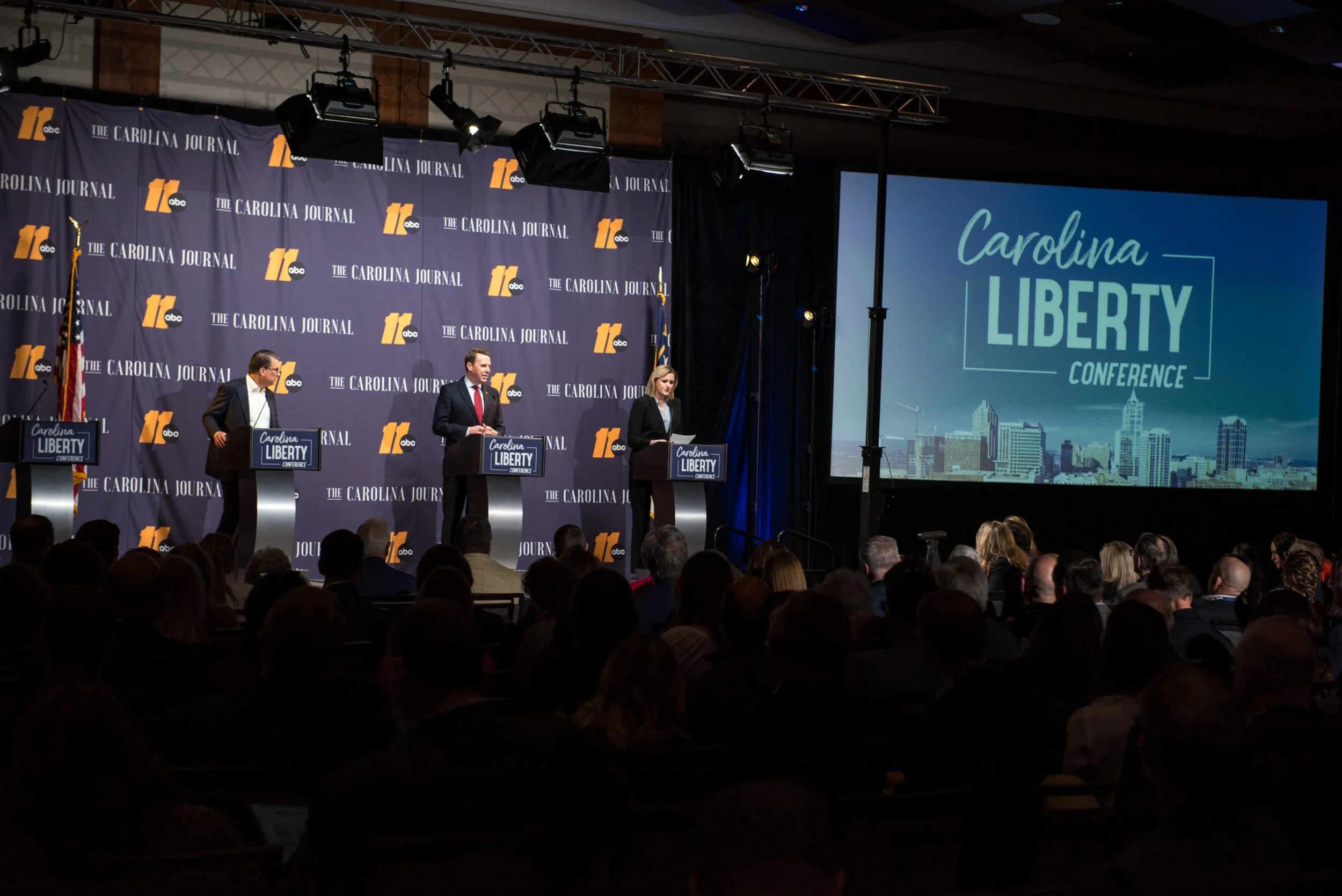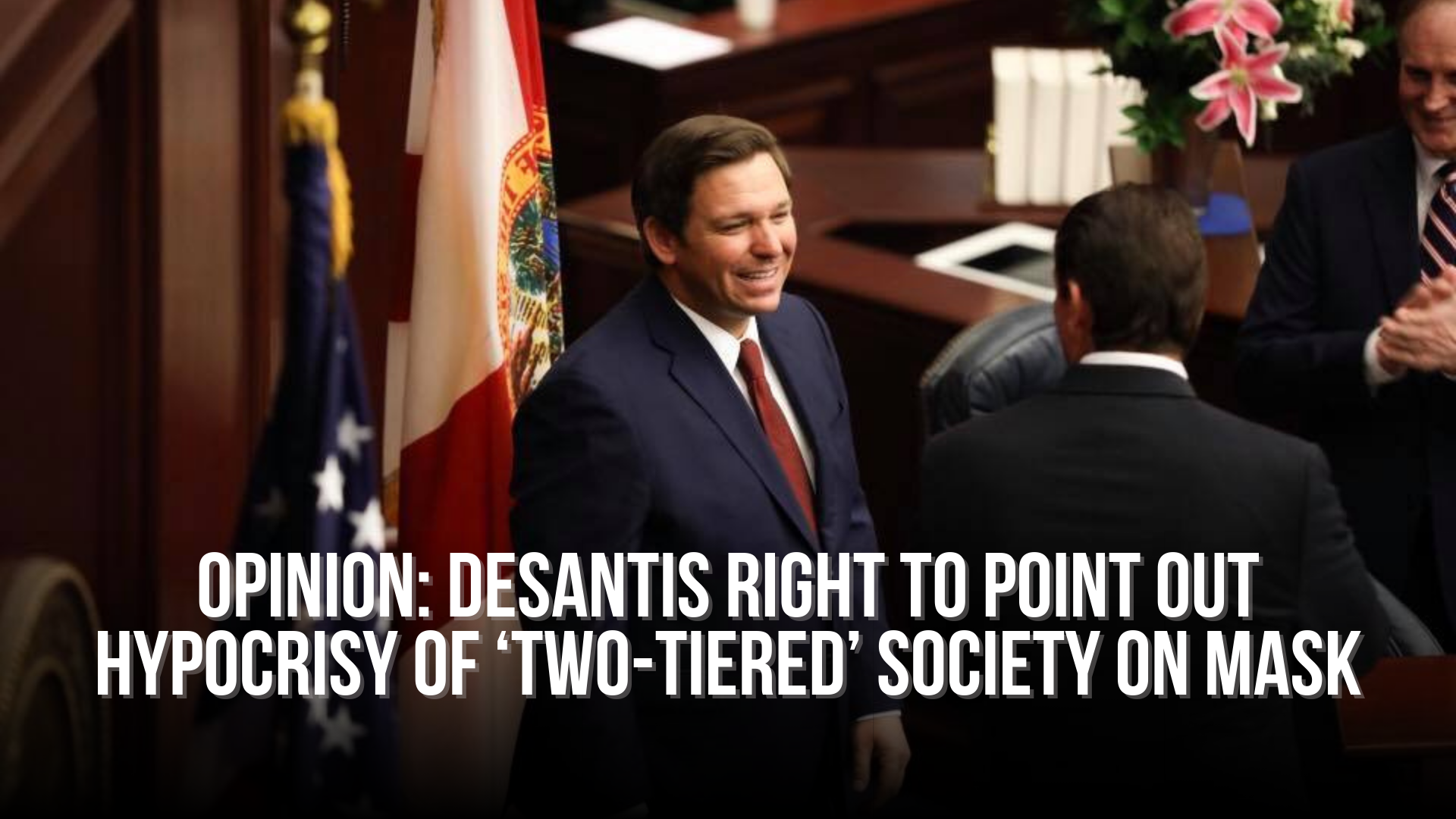Antionette Kerr: Clarence Henderson at the 1960 Woolworth sit-ins
On the second day of the 1960 Greensboro sit-in, Clarence Henderson sat at the Woolworth lunch counter in downtown Greensboro to protest segregation. Joseph A. McNeil, Franklin E. McCain and William Smith joined him during that historic moment.
The conservative activist and head of the Frederick Douglass Foundation has shared his experience across the nation and state. People consider him an unlikely advocate for the GOP. Henderson disagrees. “I haven’t changed. The Republicans have always stood for what I believe in dating back since the time of Lincoln,” Henderson opined. “God gives you right. That’s why I fought for civil rights. The government doesn’t give your rights. They can only recognize or deny them.”
His current speeches often focused on local education, local elections and the Second Amendment.
Historically, the group called Greensboro Four are iconic and known for the first sit-in at Greensboro: Ezell Blair Jr., David Richmond, Franklin McCain and Joseph McNeil. All were students from North Carolina Agricultural and Technical College (now University). Henderson was a student at the institution when he sat down at the Woolworth’s lunch counter in 1960 to protest racial segregation. In published addresses, Henderson said, “I was all of 18 years of age, and my parents knew about it after the fact.” He joined the protest on the second day of action. His motives at the time were simple: he wanted to change the system “so all could eat in the same place.” He, along with his fellow protestors, was arrested for their actions.
What some would consider an unlikely leader in the GOP, Henderson explained he champions conservative values in the face of criticism. “This America, according to we the people, which includes the good, the bad and the ugly,” said Henderson. “We decide not our politicians.”
Henderson added, “Not enough people know our Second Amendment. They don’t give us any rights. They recognize our rights.”
In a recent interview, Henderson said, “We don’t do a great job of vetting our community commissioners. My votes are based on the resume they have. In other words, it’s not a popularity contest.”
Henderson was the recipient of the 40th Anniversary Sit-In Participant Award. In 2013, he was appointed, by Governor Pat McCrory, to the chairperson seat on the North Carolina Martin Luther King Jr. Commission. In 2016, the Order of the Long Leaf Pine Award was awarded to Henderson with the rank of Ambassador Extraordinary. In May 2017, he was appointed President of the Frederick Douglass Foundation for the State of North Carolina.
The activist admits that his work as a Republican comes with backlash but says that he has a history of going against the grain. Henderson is accustomed to backlash although he was recently inducted into the Hall of Fame for the NC GOP. Henderson opined, “If you look at the history of the party, it makes sense.”
The pictures are contributed from The Fredrick Douglass Foundation



